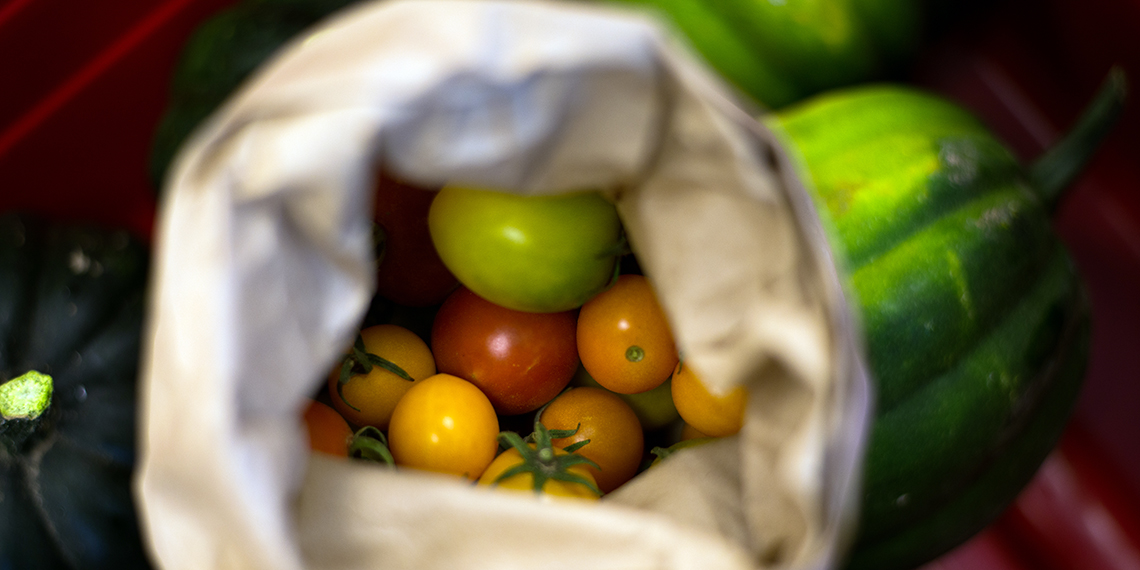Princeton Review Names Gonzaga to ‘Green Colleges' Guide

Most Environmentally Responsible Schools
SPOKANE, Wash. – Gonzaga University once again has been named among the 413 most environmentally responsible colleges and is included in the 2019 edition of the “Princeton Review Guide to Green Colleges.”
The publication chose the schools for the 10th annual edition of its “green guide” based on data from its 2018-19 survey of nearly 700 colleges and universities concerning their commitments to the environmental sustainability practices and programs. Most of the schools in the guide are in the United States; 16 are in Canada; one is in Egypt, and one is in Greece.
Schools with “green rating” scores of 80 (of a possible 99) or higher were selected for inclusion in the list. Gonzaga — which was included in the same ranking in 2013, 2015, 2016 and 2018 — earned a green rating score of 93.
“We salute — and strongly recommend — Gonzaga to the many environmentally minded students who want to study and live at a green college,” said Robert Franek, editor-in-chief, noting that college applicants and their parents are increasingly concerned about the environment and sustainability issues.
Among the 11,900 teens and parents The Princeton Review surveyed earlier this year for its 2019 “College Hopes & Worries Survey,” 64% said that having information about a college's commitment to the environment would influence their decision to apply to or attend the school.”
The online profile includes information about Gonzaga’s many sustainability efforts. The publication notes Gonzaga “feels a keen responsibility to help protect our environment for future generations.
And, in an effort to prove just how committed it is to this cause, the university approved its first comprehensive Climate Action Plan (CAP) in 2013. Moreover, as a signatory of the Presidents’ Climate Commitment, Gonzaga has pledged to work toward climate neutrality.”
Gonzaga aims to reduce greenhouse gas emission by at least 20 percent by 2020 and 50 percent by 2035 (from 2009 levels). Gonzaga hopes to attain total climate neutrality by 2050. To reach that goal, Gonzaga aims for all new campus construction to meet LEED Silver certifications or better.
Also, GU supports renewable energy by purchasing Renewable Energy Certificates equivalent to 44 percent of its total energy usage through Avista Utilities’ Buck-a-Block program. With an additional 5 percent of its energy coming through Avista Utilities’ Solar Select Program, which began in late 2018, Gonzaga’s total energy usage from renewable sources is just shy of 50 percent, said Jim Simon, Gonzaga’s director of sustainability.
In 2014, Gonzaga hired Simon as its first director of sustainability to help coordinate these campus sustainability efforts.
“More and more, students are asking for sustainability to be part of their college experience, and I am excited that Gonzaga has again been recognized by the Princeton Review for our efforts to care for our common home,” Simon said.
Gonzaga has worked to ensure that green practices are implemented in landscaping and lawn care through computerized irrigation controls that allow staff to remotely monitor and control water output based on weather.
Gonzaga also participates in Spokane’s “Clean Green” program — composting more than 35 tons of tree needles, leaves, weeds, grass clippings and food waste each year. Finally, with robust car sharing options, four electric vehicle charging stations and access to shared mobility options such as Lime Scooters, Gonzaga makes it easy for students and faculty on the go to adopt green practices.
In September, Gonzaga and ZagDining by Sodexo achieved the “Real Food Challenge” goal with 20 percent of the food served on campus sourced from ecologically sound, fair and humane, and local- and community-based providers.
For more information about Gonzaga’s sustainability efforts, please contact Jim Simon at simonj@gonzaga.edu.
- Global Impact
- Service & Community Impact
- Sustainability
- Office of Sustainability
- Environmental Studies
- News Center




